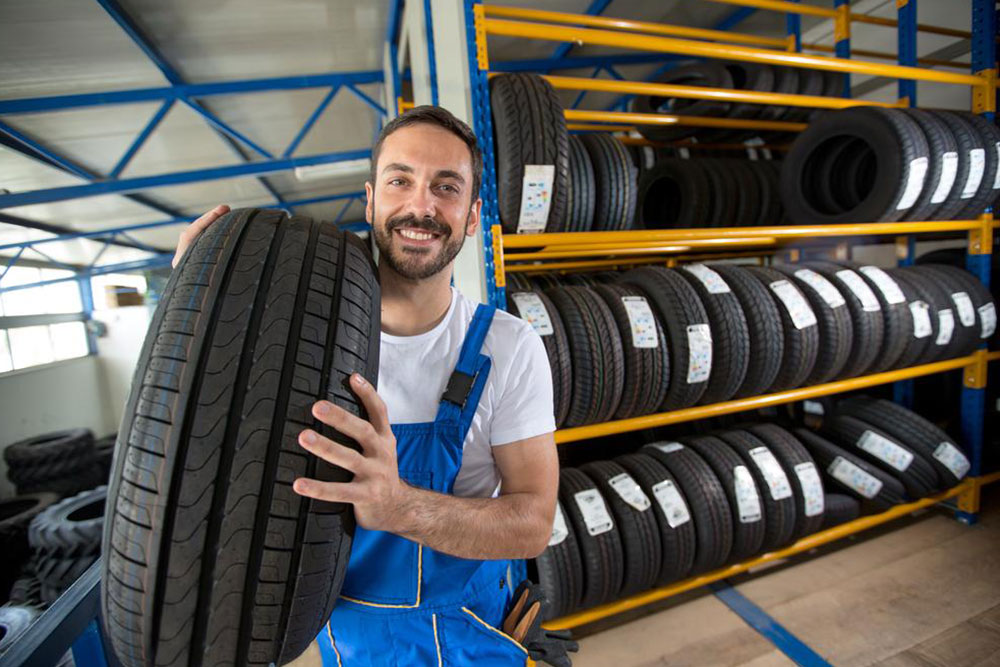What you should know about seasonal changes and tire protection
Keeping your tires in good condition is an essential aspect of car maintenance, and it is dangerous to drive with non-roadworthy tires. There are a number of factors you need to consider with respect to tire maintenance, especially with strangely behaving weather across the country. Depending on where you live, if you want to get through the winter months disaster-free, you’ll need to be prepared for anything.

First things first!
Before we even begin, The Rubber Manufacturer’s Association (RMA) recommends taking five minutes every month to check your tires. Ensure you follow it relentlessly. Tires should be stored away from solvents, grease, oil, or any ozone-producing electrical equipment, which have deteriorating effects on tires. Be mindful of abnormal tire wear or damage to your tires. Watch for signs of punctures, embedded objects, cracks, and bulges.
Cold weather and tires
When temperatures go down, the air pressure in your tires will be lower. Tire pressure typically changes by 1-2 pounds per square inch (PSI) for every 10 degrees of temperature change. It is simple physics indeed – cooler air means slower molecular motion, and that causes the air pressure to drop. Invest in a tire gauge and learn how to read it. Tire pressure can affect your gas mileage, tread wear, and most importantly ” safety. Take care to keep your tires properly inflated when temperatures are cooler.
Rainy weather and tires
Water is corrosive, and encourages oxidation in the form of rust, which may weaken not only your car’s body but the frame as well, if left unchecked. Not only that, but those little drops of water act like a magnifying glass and can focus the sun’s rays against your finish, potentially causing damage. While you may wonder why, but it is highly imperative to keep your car clean during rainy season. Use a wax or liquid sealant for better results. Properly guarding against water can help preserve your vehicle’s structural integrity and keep it looking shiny, too.
Wind and tires
The focus during windy days are totally on safety! You may have felt heavy winds threaten to push your car sideways while driving before. When the winds pick up, keep both hands on the wheel and slow down. Do not follow any vehicle too close, especially when trailing trucks, van and trailers. Windy days does call for pressure check for your tire. Take a pit stop and check them right away!
Summer and tires
When the time comes to store your tires for next season, consider a dark place away from direct sunlight with low humidity. This will ensure that they stay longer.
By taking proper care of your tires, you can remain safe during all types of travel, experience the benefits of better fuel economy, and extend tire life.











